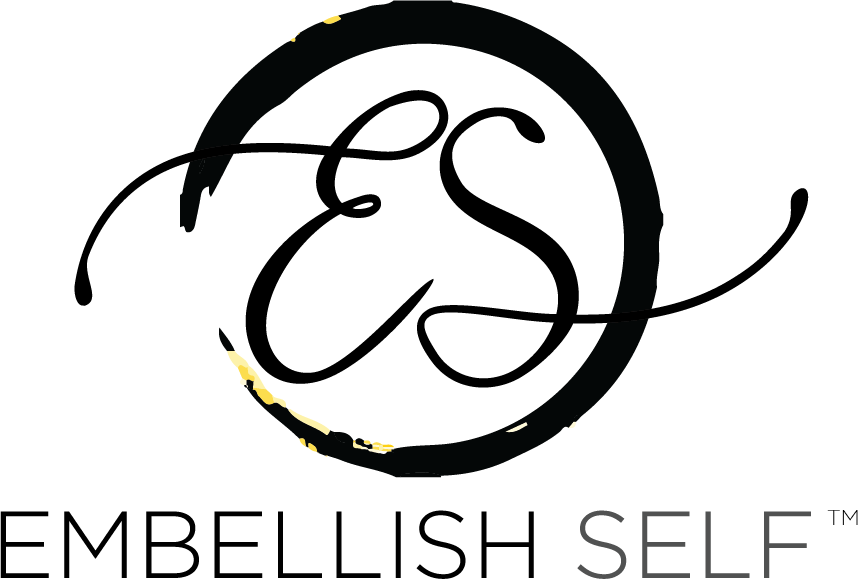What is Oil Pulling?
Oil pulling may seem like a new phenomena, but it was developed over 100 years ago as a natural remedy for health issues, including headaches and liver problems. While some of the rumored benefits of oil pulling are its ability to fight cancer these aren’t yet supported by research, it does offer several health benefits for your oral and overall health. It’s inexpensive, not very time consuming and easy to do.
How Oil Pulling Works
Tooth decay, bad breath and gum disease share a common cause of bacterial overgrowth in your mouth. Those nasty microbes secrete acid, which damages your teeth, along with toxins that irritate and damage your gum tissue. As more bacteria settle on your teeth, they aggregate and form colonies that cause even more damage.
Oil pulling is based on the idea that "like attracts like": Oil attracts other oils. That attraction allows the pulling oil to bind to the bacteria’s cell membranes, which are made up of fatty acids. When you practice oil pulling, the oil breaks up colonies of bacteria, literally pulling them away from your teeth and gums. When you spit out the oil, you’re also removing the bacteria and their toxins.
Choosing Your Oils
Most people oil pull with coconut, sesame or sunflower oil. All three oils will “pull” bacteria from your gums and teeth, but coconut oil offers additional benefits because it's high in lauric acid, a naturally antimicrobial fatty acids. Coconut oil also has a milder taste than sesame oil, which might make it more palatable, and most people aren't sensitive to coconut oil. Always choose organic oils for oil pulling to avoid exposure to toxins.
Consider mixing a drop of essential oil into your main carrier oil to boost health benefits. Tea tree oil offers natural antimicrobial properties, while peppermint can give the oil a more pleasant taste and freshen your breath. Just don’t go overboard and add more than a drop, since these oils can be irritating. Steer clear of harsher essential oils, like oregano oil and stop using essential oils if you notice any irritation.
Benefits for Oral Health
Reducing the bacteria in your mouth is key for healthy teeth and gums. Practicing oil pulling can slow the rate of tooth decay and gum disease, especially if you use an antimicrobial oil -- like coconut oil -- that kills harmful bacteria. Oil pulling makes your breath fresher and your teeth look shinier and healthy. It’s also helpful if you suffer from dry mouth, since oil is natural moisturizer, says Billingsley.
Those oral health benefits are particularly beneficial if you have diabetes. “Diabetic patients are at a higher risk for periodontal disease and tooth decay,” says Billingsley. “And once decay starts, it’s rampant,” she adds. Oil pulling can work as a preventative measure to prevent decay from starting in the first place, which helps keep those pearly whites safe and healthy.
Disease-Fighting Benefits
Oil pulling doesn’t just give you nice teeth, it’s beneficial to your overall health. “Our mouth is the gateway to the body, and bacteria in your mouth will travel into your bloodstream.” says Victoria Veytsman, DDS, owner of Cosmetic Dental Studios in New York City. “The less bacteria in your mouth, the less that gets into your body and the less strain there is on your immune system.” Periodontal disease is linked to heart conditions like endocarditis, so keeping your mouth clean with oil pulling can benefit your cardiovascular health.
It might also benefit your liver, the body’s major detox organ. While oil pulling probably won’t directly detoxify your liver, it might boost liver health just by reducing the harmful bacteria in your system. “Anything that’s going to help with disrupting bacteria from forming will help your overall health, and that’s good for your liver,” says Billingsley.
However, some other reputed benefits -- like oil pulling for weight loss -- aren’t yet backed by science.
Side Effects and Considerations
As long as you’re not allergic to your chosen oil, the experts agree that oil pulling is safe. “Sometimes it’s hard to do it for 20 minutes, or the taste is a challenge,” says Veytsman. “But other than logistically, there are no reported side effects.” If you’re struggling with those factors, add a drop of peppermint oil to the coconut oil, or try two 10-minute sessions instead of oil pulling for 20 minutes straight.
Don’t turn in your toothbrush and floss for oil, though. Oil pulling has limited ability to dissolve plaque, and it won’t get rid of calculus -- the hardened plaque deposits your dentist removes during your regular cleaning.
It’s also not a medical treatment for oral health issues, like receding gums or tooth infections -- a common misconception in many patients. “I don't think it should be used in place of brushing, flossing or visiting your dentist,” says Veytsman. “But as an adjunct, I think it’s great.”
